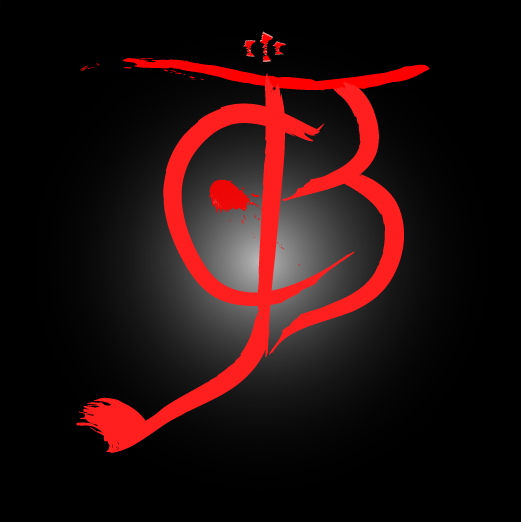
JCB's Ruminations on the Craft of Fiction #8
July 9, 2020
Common advice in writing is to "hook the reader" at the beginning, which is sometimes misinterpreted as "have a hook" at the beginning of your story. When discussing introductions for academic papers, I would tell my students that the advice to have a hook is bad advice. What they need to do with the introduction is to quickly establish the context of their argument, to position it within the academic conversation. The "hook," if we want to think of things in those terms, is simply the context of the argument. Readers who are interested in the conversation in which your paper is taking part will be interested in your paper because they know what it’s about. The advice to "have a hook" falls easy prey to the reductio ad absurdum counter-argument of starting a paper with "Chocolate! Now that I have your attention..."
The "hook" for a story is what the audience you are writing for actually wants. Even if they don’t know it consciously, they’ll be interested when they recognize it unconsciously. In general, story is made up of character and plot, with plot being the events by which a character tries to overcome their problem. The "hook," then, for a story, should be the heart of the story: character and character problem. This is why we also hear the advice to begin with action: what better situation demonstrates who a character is and what they want than seeing them in action, trying to do something? Additionally, action easily lends itself to "show" on the show-tell dichotomy, where the actions a character takes in those first few paragraphs show us who the character is what kind of story we’re in for.
Not everyone will enjoy the story you wrote, and you can’t trick them into liking it. Really, you probably shouldn’t try to trick them. Having a "hook" in your story won’t make readers that would probably dislike the story suddenly enjoy it. They’ll be disgruntled, and we don’t want disgruntled readers. What a hook should do is alert the reader to the fact that your story is the kind of thing they will enjoy reading. A well-wrought beginning will always be itself the hook for your story, as it will introduce the character and the problem and contain seeds of the final resolution that will grow organically and inevitably from that beginning. In such a beginning, readers will recognize the things they like about reading stories and be immediately hooked.